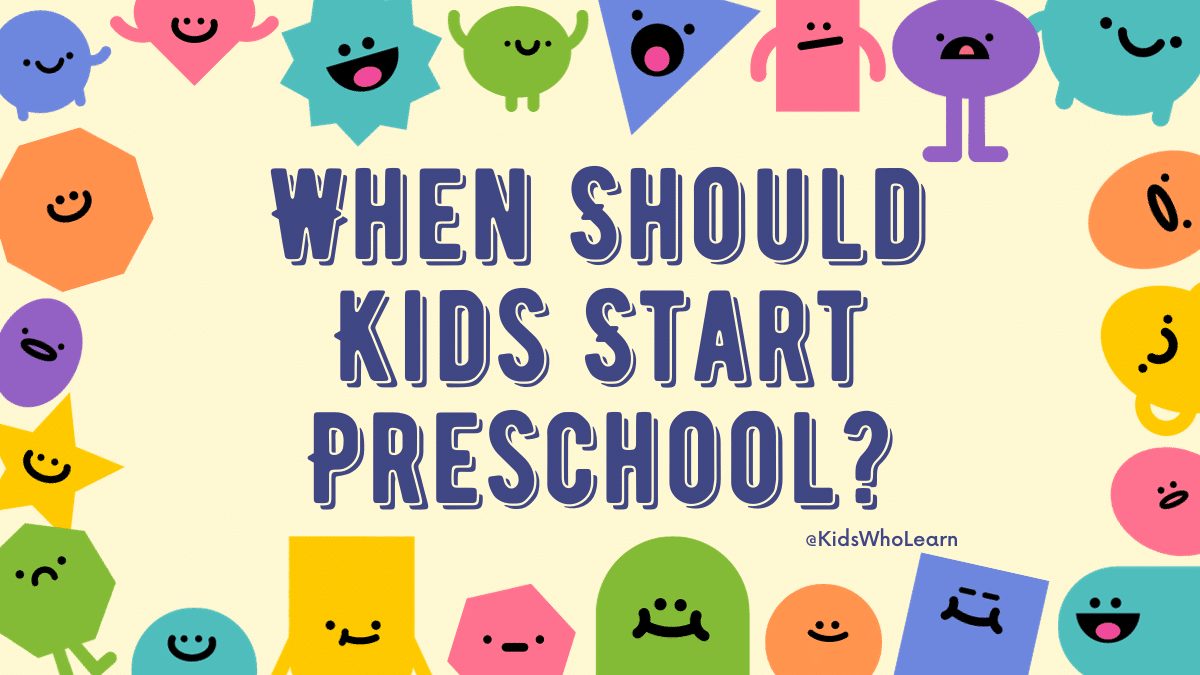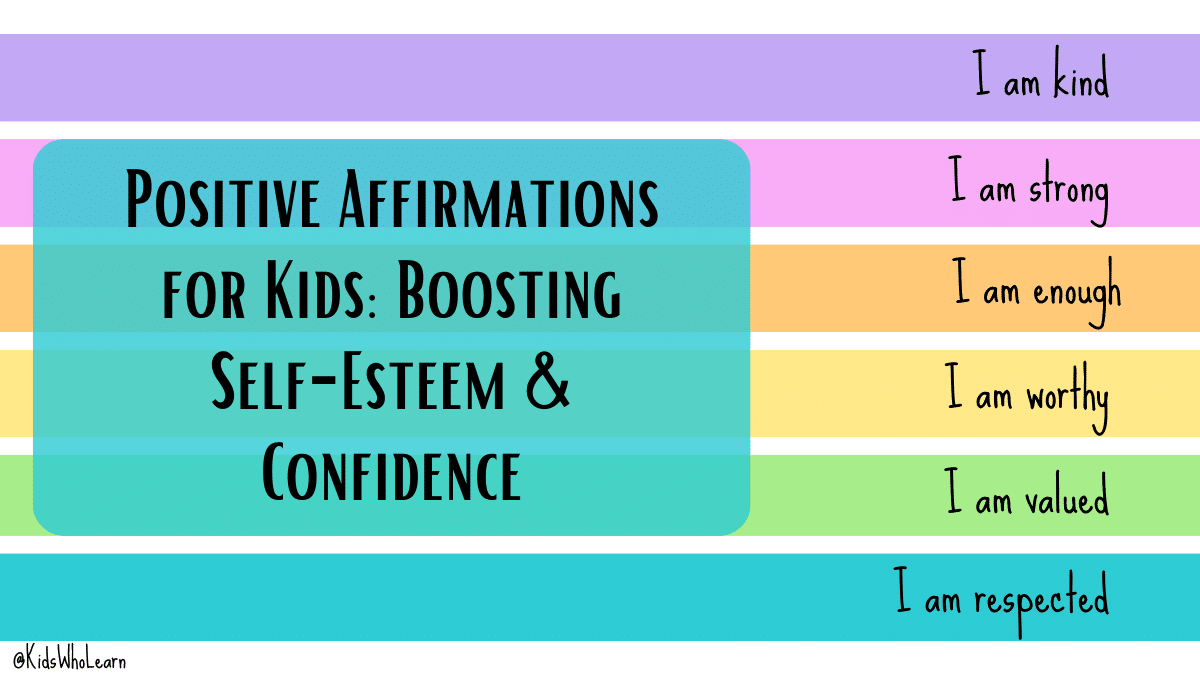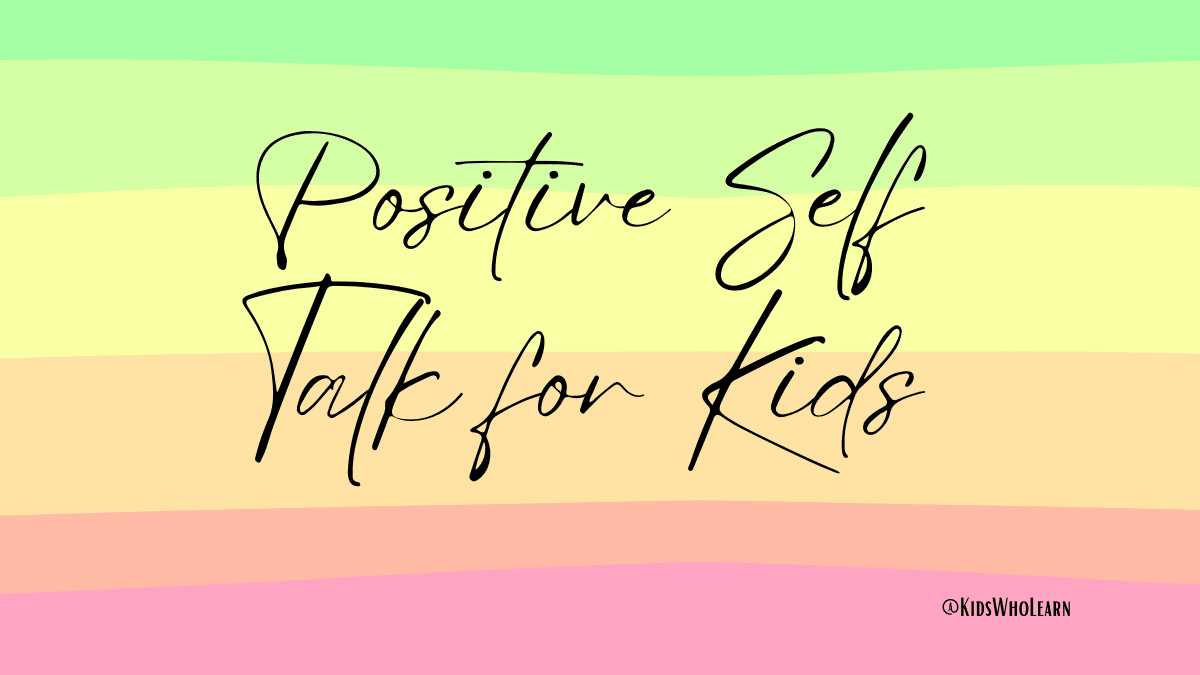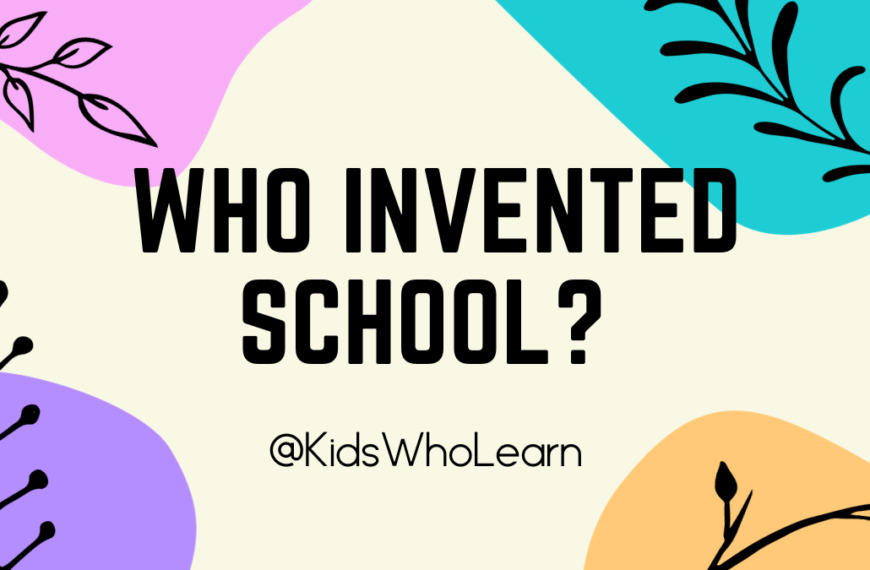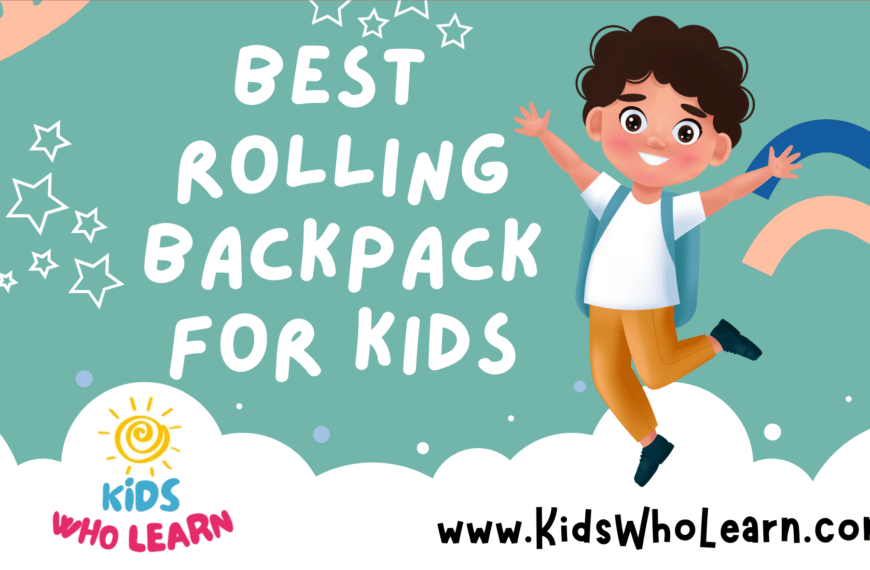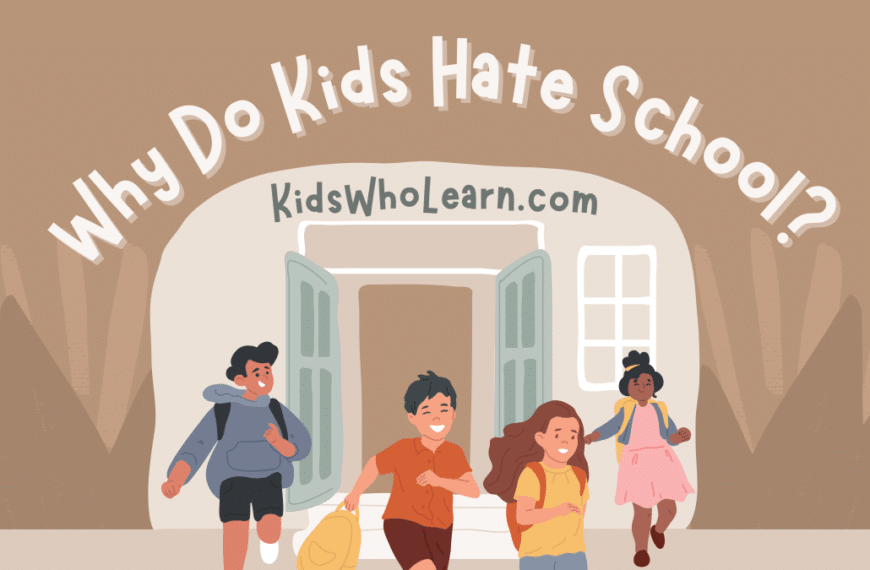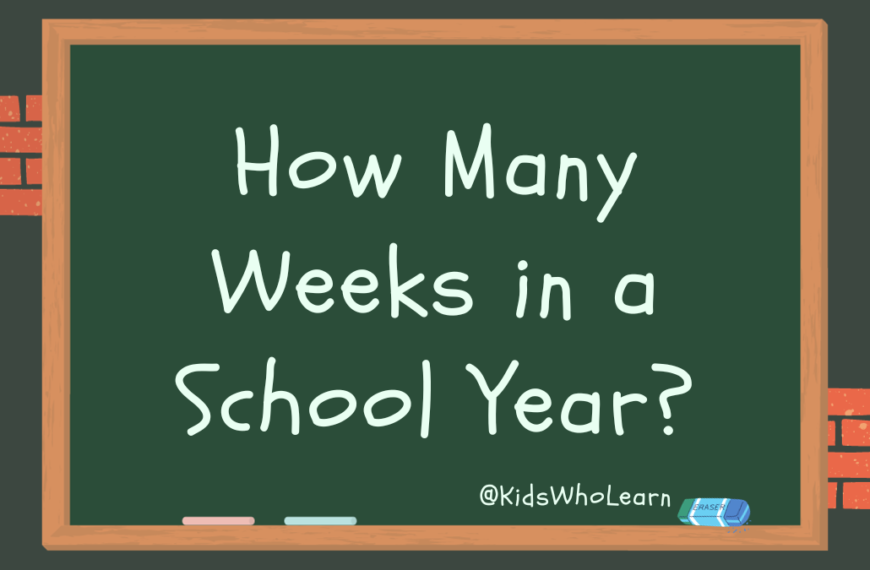When it comes to deciding when your child should start preschool, there are a lot of factors to consider. Some parents may opt to start their child as early as two years old, while others may wait until their child is closer to four. So, what is the ideal age to start preschool? The answer is not black and white, as it depends on a variety of factors unique to each child and family.
Understanding the Concept of Preschool
Preschool is an educational program designed for children who are too young for kindergarten but are old enough to engage in structured learning and socialization activities. Preschool programs vary widely, but most focus on developing early literacy and math skills, social-emotional learning, and physical development. Children typically attend preschool for a few hours a day, a few days a week.
Ideal Age to Start Preschool
While there is no one-size-fits-all answer to when your child should start preschool, most experts agree that starting between the ages of three and four is ideal. At this age, children have developed some independence and are better able to handle the social and emotional demands of preschool. However, some children may benefit from starting as early as two years old, while others may do better waiting until they are closer to five. It’s important to consider your child’s individual needs and personality when making this decision.
Key Takeaways
- Preschool is an educational program designed for young children to engage in structured learning and socialization activities.
- The ideal age to start preschool is between three and four years old, but this decision should be based on your child’s individual needs and personality.
- Starting preschool early can have many benefits, but it’s important to consider factors such as your child’s readiness, the quality of the preschool program, and your family’s schedule and resources.
Understanding the Concept of Preschool
Preschool is a form of early childhood education that focuses on the development of children before they start formal schooling. It is designed to help children acquire the skills and knowledge needed to succeed in school and in life. In preschool, children learn through play, exploration, and social interaction.
Preschool is not mandatory, but it is highly recommended for children between the ages of 3 and 5. It is important to note that preschool is not a substitute for parental care and attention. Rather, it is a supplement to it. Preschool provides children with an opportunity to interact with their peers and learn from trained professionals in a structured environment.
Preschool programs vary in duration and frequency. Some programs are full-day, while others are half-day. Some programs are offered five days a week, while others are offered on a part-time basis. It is important to choose a preschool program that fits your child’s needs and schedule.
In preschool, children learn a variety of skills, including social, emotional, cognitive, and physical skills. They learn to interact with other children, follow instructions, and develop self-control. They also learn basic academic skills, such as counting, letter recognition, and pre-reading skills.
Overall, preschool can be a valuable experience for children, providing them with a solid foundation for future learning and development.
Ideal Age to Start Preschool
When it comes to deciding when to enroll your child in preschool, there are a variety of factors to consider. While some parents may opt to start their child in preschool as early as possible, others may choose to wait until their child is a bit older. Here are some things to keep in mind when determining the ideal age to start preschool.
Developmental Milestones
One important factor to consider when deciding when to start preschool is your child’s developmental milestones. Preschool is designed to help children develop social, emotional, and academic skills that will prepare them for kindergarten and beyond. If your child is struggling with any of these areas, it may be beneficial to wait until they have reached certain milestones before starting preschool.
For example, if your child has not yet developed basic social skills such as taking turns, sharing, and following directions, they may struggle in a preschool setting. Similarly, if your child is not yet able to communicate their needs or emotions, they may have difficulty forming relationships with their peers and teachers.
Cognitive Abilities
Another important factor to consider when deciding when to start preschool is your child’s cognitive abilities. Preschool is designed to help children develop a wide range of academic skills, including literacy, numeracy, and problem-solving. If your child is not yet ready to learn these skills, they may struggle in a preschool setting.
For example, if your child is not yet able to recognize letters or numbers, they may have difficulty keeping up with the curriculum. Similarly, if your child is not yet able to follow simple instructions or complete basic tasks, they may have difficulty participating in classroom activities.
In general, most children are ready to start preschool between the ages of 3 and 4. However, every child is different, and it’s important to consider your child’s individual needs and abilities when making this decision. Ultimately, the ideal age to start preschool will depend on a variety of factors, including your child’s developmental milestones, cognitive abilities, and personal preferences.
Benefits of Starting Preschool Early
If you’re wondering when to start your child in preschool, you may want to consider starting them early. There are several benefits to starting preschool at a young age that can help your child develop social skills and academic growth.
Social Skills
Starting preschool early can help your child develop social skills that are essential for their future success. In preschool, children are introduced to a structured setting where they learn how to interact with other children and adults. They learn how to share, take turns, and work together as a team. These skills are crucial for building relationships and developing communication skills that will serve them well as they grow older.
Academic Growth
Starting preschool early can also help your child develop academic skills that will prepare them for kindergarten and beyond. In preschool, children are introduced to basic concepts such as letters, numbers, and shapes. They also learn how to follow instructions and participate in group activities. These skills are essential for success in school and beyond.
Research has shown that children who attend preschool have higher academic achievement and are more likely to graduate from high school and attend college. By starting preschool early, you can give your child a head start on their education and set them up for success in the future.
In conclusion, starting preschool early can provide your child with a range of benefits that will help them develop social skills and academic growth. By enrolling your child in preschool at a young age, you can give them the tools they need to succeed in school and beyond.
Factors to Consider
When deciding whether or not to enroll your child in preschool, there are a number of factors to consider. Here are two important ones:
Child’s Readiness
One of the most important factors to consider when deciding whether or not to enroll your child in preschool is their readiness. Some children are ready for preschool at age 3, while others may not be ready until age 5. Here are some signs that your child may be ready for preschool:
- They can follow simple instructions
- They are able to communicate their needs and wants
- They are potty trained or close to it
- They are able to play well with others
If your child is not showing these signs, it may be best to wait a bit longer before enrolling them in preschool. It’s important to remember that every child develops at their own pace, so don’t feel pressured to enroll your child in preschool just because their peers are doing it.
Family Circumstances
Another important factor to consider when deciding whether or not to enroll your child in preschool is your family’s circumstances. Here are some things to consider:
- Your work schedule: If you work full-time, it may be necessary to enroll your child in preschool so you can continue working.
- Your financial situation: Preschool can be expensive, so it’s important to consider whether or not you can afford it.
- Your family’s values: Some families may prefer to keep their children at home until they are ready for kindergarten, while others may value the socialization and educational opportunities that preschool provides.
Ultimately, the decision to enroll your child in preschool is a personal one that depends on a variety of factors. By considering your child’s readiness and your family’s circumstances, you can make an informed decision that is right for your family.
Choosing the Right Preschool
Choosing the right preschool for your child can be a daunting task, but with proper research and preparation, you can make an informed decision. Here are some factors to consider when choosing a preschool:
Location
Consider the location of the preschool and how it fits into your daily routine. Is it close to your home or workplace? Is it easily accessible by public transportation? Keep in mind that a long commute may be stressful for both you and your child.
Curriculum
Look for a preschool that offers a curriculum that aligns with your values and goals for your child’s education. Some preschools focus on play-based learning, while others may have a more structured academic approach. Consider what type of learning environment will best suit your child’s needs.
Teacher Qualifications
The qualifications of the teachers at a preschool are important. Look for a preschool that has teachers with appropriate education and experience in early childhood education. Ask about the teacher-to-student ratio and observe how the teachers interact with the children.
Facilities and Safety
Check the facilities of the preschool and ensure that they are safe and appropriate for young children. Look for a preschool that has adequate outdoor space for play and exercise. Ask about their safety policies and procedures, such as emergency plans and background checks for staff.
Cost
Preschool can be expensive, so consider your budget when choosing a preschool. Look for a preschool that offers a balance of quality education and affordability. Research any available financial aid or scholarships that may be available.
By considering these factors, you can make an informed decision when choosing the right preschool for your child.
Transitioning to Preschool
When it comes to transitioning your child to preschool, it’s important to make sure you take a few key steps to ensure a smooth process. Here are some tips to help make the transition as easy as possible:
- Start talking about preschool early: It’s important to start talking to your child about preschool well before they actually start attending. This will help them understand what to expect and get excited about the new experience.
- Visit the preschool ahead of time: Take your child to visit the preschool before their first day. This will help them get familiar with the environment and feel more comfortable when it’s time to start attending.
- Establish a routine: Establishing a routine can help your child adjust to the new schedule of preschool. Make sure they are getting enough sleep and have a set routine for getting ready in the morning.
- Communicate with the teacher: It’s important to communicate with your child’s teacher and let them know about any concerns or questions you may have. This will help ensure that your child is getting the best possible experience at preschool.
- Stay positive: Finally, it’s important to stay positive and supportive throughout the transition process. Your child may feel nervous or anxious about starting preschool, but with your support, they will soon feel comfortable and confident in their new environment.
By following these tips, you can help make the transition to preschool as smooth and stress-free as possible for both you and your child.
Conclusion
Deciding when to start preschool for your child can be a difficult decision. While there are many different factors to consider, some of the most important ones include your child’s age, their developmental stage, and their individual needs and interests.
Ultimately, the decision of when to start preschool will depend on your unique circumstances and your child’s specific needs. However, by taking the time to carefully consider all of the different factors involved, you can make an informed decision that will help set your child up for success both now and in the future.
Some key takeaways to keep in mind include:
- Preschool can provide a valuable opportunity for children to learn and grow in a structured environment.
- Children who attend preschool are often better prepared for kindergarten and beyond.
- It’s important to choose a preschool program that meets your child’s needs and interests, and that is staffed by qualified and caring professionals.
- While there is no one-size-fits-all answer to the question of when to start preschool, most children are ready to begin attending around age three or four.
By considering these and other important factors, you can make an informed decision about when to start your child in preschool. Whether you choose to enroll them at a young age or wait until they are a bit older, the most important thing is to provide them with a safe, nurturing, and supportive environment where they can learn and grow to their full potential.
Frequently Asked Questions
What is the typical age range for preschool enrollment?
Preschool programs typically enroll children between the ages of three and five years old. Some programs may accept children as young as two years old, while others may require children to be at least four years old.
What are the benefits of enrolling a child in preschool?
Enrolling a child in preschool can provide numerous benefits, including socialization opportunities, early academic preparation, and exposure to a structured learning environment. Preschool can also help children develop important skills such as problem-solving, communication, and cooperation.
How can I determine if my child is ready for preschool?
There is no set age or readiness checklist for preschool, as every child develops at their own pace. However, some signs that your child may be ready for preschool include an interest in playing with other children, a desire for independence, and the ability to follow simple instructions.
What factors should I consider when choosing a preschool program?
When choosing a preschool program, consider factors such as the program’s philosophy, curriculum, teacher qualifications, safety policies, and cost. It’s also important to visit potential programs in person to get a sense of the environment and ask any questions you may have.
What are some common preschool schedules and formats?
Preschool programs may vary in schedule and format, but some common options include half-day or full-day programs, part-time or full-time enrollment, and traditional or Montessori-style programs. Some programs may also offer extended care options before or after regular program hours.
What are some alternatives to traditional preschool programs?
Alternatives to traditional preschool programs may include home-based programs, co-op programs where parents take turns teaching, or nature-based programs that focus on outdoor learning. Homeschooling may also be an option for some families.

